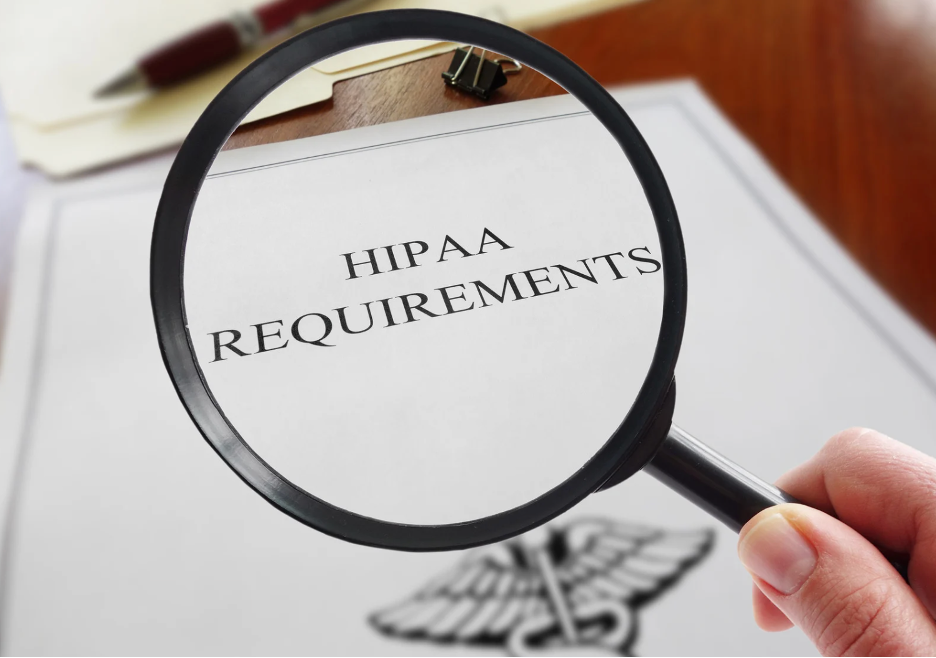A robust healthcare compliance program is fundamental to ensuring that healthcare organizations operate within the bounds of regulatory requirements while maintaining the highest standards of ethical conduct. These programs are designed to prevent, detect, and respond to violations of laws, regulations, and company policies. As the healthcare industry continues to evolve, particularly in terms of technological advancements and regulatory complexities, an effective compliance program becomes indispensable. It not only helps in mitigating risks but also enhances the overall quality of care by fostering a culture of compliance and accountability.
What is the purpose of a compliance program?
The primary purpose and benefit of a healthcare compliance program is to improve patient care and prevent healthcare fraud, waste, and abuse. An effective compliance program promotes organizational adherence to applicable federal and state law and healthcare requirements. It should also demonstrate the organization’s commitment to compliance with the law and ethical standards.
Why is a healthcare compliance program important?
A well-designed healthcare compliance program is often considered the first line of defense and can help an organization avoid liability for malpractice. It can also help ensure that everyone within an organization follows best clinical practices and proper procedures that protect patient privacy and safety with the ultimate goal of delivering high-quality care to all patients.
Under the Patient Protection and ACA, physicians and group practices are required to establish compliance programs as a condition of enrollment in the Medicare program. Additionally, many insurance plans also require providers to have a compliance plan as a condition of participation.
The Department of Health and Human Services (HHS) has provided guidance for healthcare organizations and providers on the most critical components of a healthcare compliance program.
Effective healthcare compliance programs must have these seven key elements:
- Written standards of conduct, policies and procedures that demonstrate the organization’s commitment to meeting the required legal and ethical standards.
- The designation of a chief compliance officer and other individuals that are responsible for operating and monitoring the compliance program.
- An effective employee education and training program.
- Establish effective and open lines of communication that allow individuals to report compliance concerns without retaliation and the ability to anonymously report concerns or complaints.
- The development of a process to respond to complaints, including appropriate corrective action and discipline when required.
- The use of internal monitoring and audits to measure compliance and address deficiencies.
- Prompt and appropriate response and action to detected offenses.
References:
Experience Better Healthcare Compliance
MedSafe is the nation’s leading one-stop resource for outsourced accreditation and healthcare compliance solutions. For over 20 years, we have been providing peace of mind to hospital groups, private practices, and their business associates. Our suite of onsite and online training services, including OSHA, HIPAA, Corporate Compliance and Code Auditing better equip your practice with the necessary tools and skills to achieve and maintain regulatory billing compliance. MedSafe takes a hands-on approach and works directly with your team to uncover issues and define suitable solutions.



